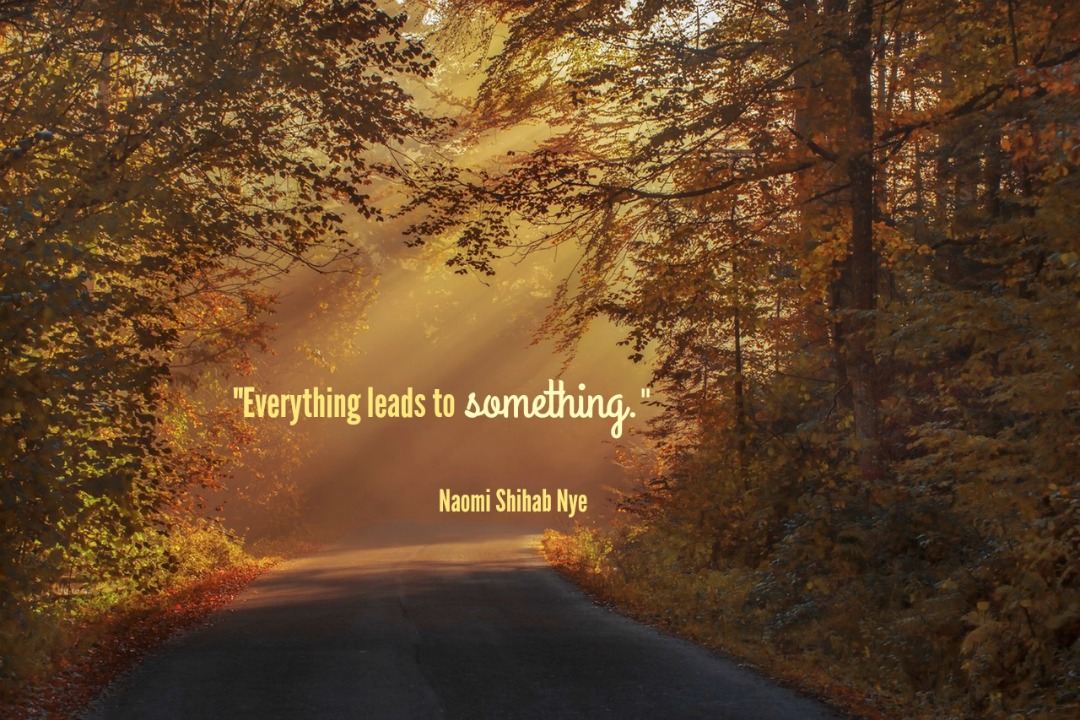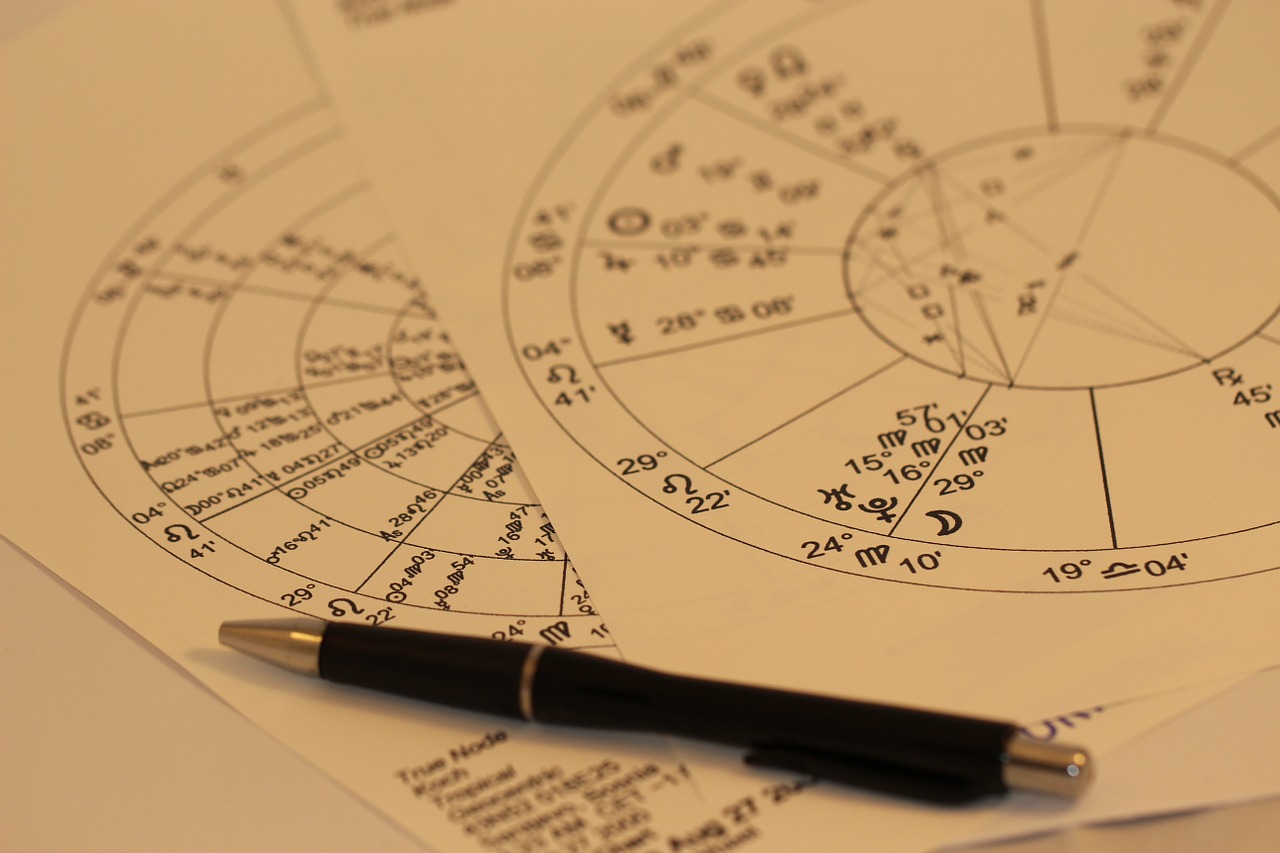This post contains affiliate links. If you click through and make a purchase from Amazon, I’ll receive a small commission. This will not affect the price you pay for any product.
With both of my kids now in college, I’m thinking back on my own days as a young English major more and more often. It’s fair to say that I loved school–in fact, I loved it so much that I never left. And while that might be a fair thing to say about every professor, I’m pretty sure it’s absolutely true of every English professor.
What did I love about school, you ask? Mostly, reading. I loved falling into a new book, growing more and more absorbed by the world of the text. I still love reading a really good novel, but I’ve read so many at this point that it’s hard to imagine ever becoming completely absorbed the way I used to. The mind of a professor is full of comparisons, questions and connections; part of what I’m doing now, when I read, is figuring out how this text fits into the giant spiderweb of Literature. That’s definitely not the way I read when I was 18.
But one of my favorite reading experiences, still, is The Surprise. This might take the form of a book that does something I wasn’t expecting–Donna Tartt’s The Goldfinch makes good use of a phenomenal surprise toward the end. But more often, The Surprise takes the form of a book I’ve read before. Maybe it’s a book I didn’t like the first time around. Maybe it’s a book I did like the first time around, but understand differently now.
You don’t need an English professor to tell you what to read, but here are five Second Chance Classics–books that I think deserve a chance to surprise you, if you’ve already read them once. (And if you haven’t, what are you waiting for? Those long winter nights are right up ahead. Buy a stack of books to curl up with.)
The Great Gatsby, by F. Scott Fitzgerald. Chances are, the first time you read this book, you thought it was a love story: boy meets girl, boy loses girl, boy becomes a bootlegger and makes a lot of money in an attempt to win girl back and almost succeeds. That’s certainly what I remembered of this novel. But actually, this is a book about class warfare–how the rich stay rich by using the lies that underpin the American Dream to their advantage. Gatsby can’t be anything he wants to be. None of us can. This is the lesson Nick Carraway tries to teach by telling this story, and that’s why Nick is our narrator: he’s the one who learns something important from Gatsby.
The House of Mirth, by Edith Wharton. If you read this one, it was probably during a college course in American Literature. You thought it was about a gold digger and her search for a wealthy husband. Read more closely and you’ll see that this is Edith Wharton’s scathing critique of the marriage market in the early 20th century, the way it positioned women to sell themselves as potential wives. (If they were suspected of actually selling themselves, of course, they were quickly shut out of the best social circles.) Lily’s downfall is her belief that she should make the choices that will benefit her most. If there’s a fictional heroine of First Wave feminism, her name is Lily Bart.
Their Eyes Were Watching God, by Zora Neale Hurston. Written in dialect, this book was likely a challenge the first time you tried to read it. You might have been scared off by that and read the Cliff’s Notes instead. But give it another chance and you’ll find that this is the story of a woman who escapes an unhappy arranged marriage only to find herself the trophy wife of an abusive man–until she escapes that marriage, bucking every social convention on her way to happiness. Hurston’s novel has more to say about self-discovery and facing the difficult truths of life than any other novel I’ve read. “Yuh got tuh go there tuh know there,” Janie says. I remind myself of this on a daily basis.
Farenheit 451, by Ray Bradbury. If you like science fiction, you probably focused on the details of the dystopian future portrayed in this novel. If you read it in high school, your study of the book probably focused on the evils of censorship. But Farenheit 451 is really about what happens when we participate in our own oppression. Guy Montag spends his life as a fireman–which, in the world of this novel, means he sets fires rather than putting them out. His job is to burn books. Read carefully, though, and you’ll see that this world was created by the people who chose to stop reading. Instead, they let themselves be entertained by television. Those in positions of power simply noticed how much easier it was to control people who chose not to read and made sure that didn’t change.
Beloved, by Toni Morrison. I’ll be honest: this is probably the most difficult book I’ve ever read, both in subject matter and in form. It moves around in time. It changes point of view. It uses dialect. If you tried to read this book in college, you probably found yourself frustrated to no end. I did, the first time I gave it a shot. I don’t think I made it through the first 20 pages. But there’s a reason why Beloved won both the Pulitzer Prize and the American Book Award. On its surface, it’s about a woman who’s dealing with the lifelong fallout of impossible decisions she’s had to make, trying to move away from her past. But is history ever behind us, really? Is a woman who’s been kept as a slave, treated like an animal, raped and tortured, supposed to forget that? To allow those same things to happen to her children? I won’t claim Beloved is an easy read, but it’s worth your best effort. Every time I read it, I come away feeling hopeful. I’m not sure how that’s even possible, but it is.





No Comments